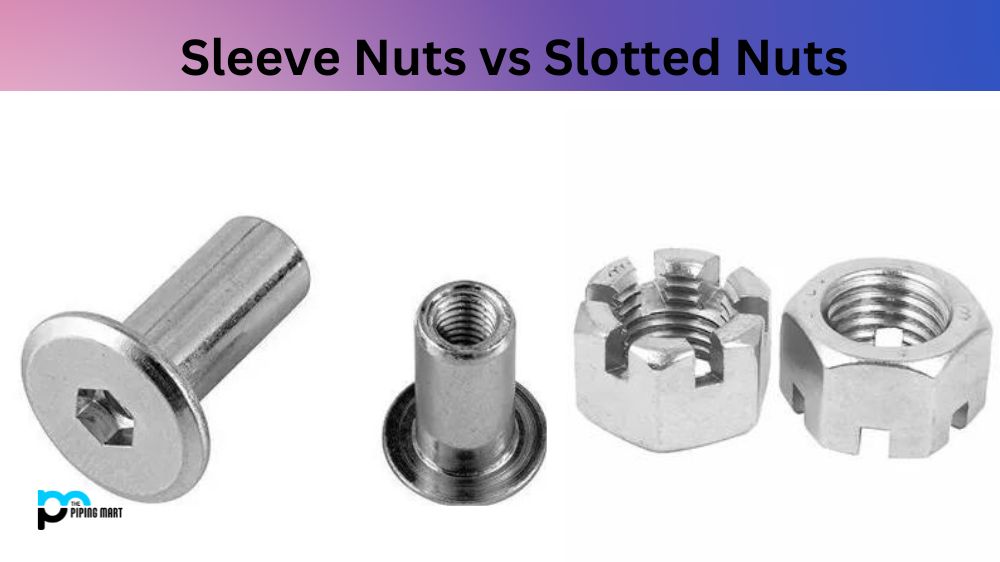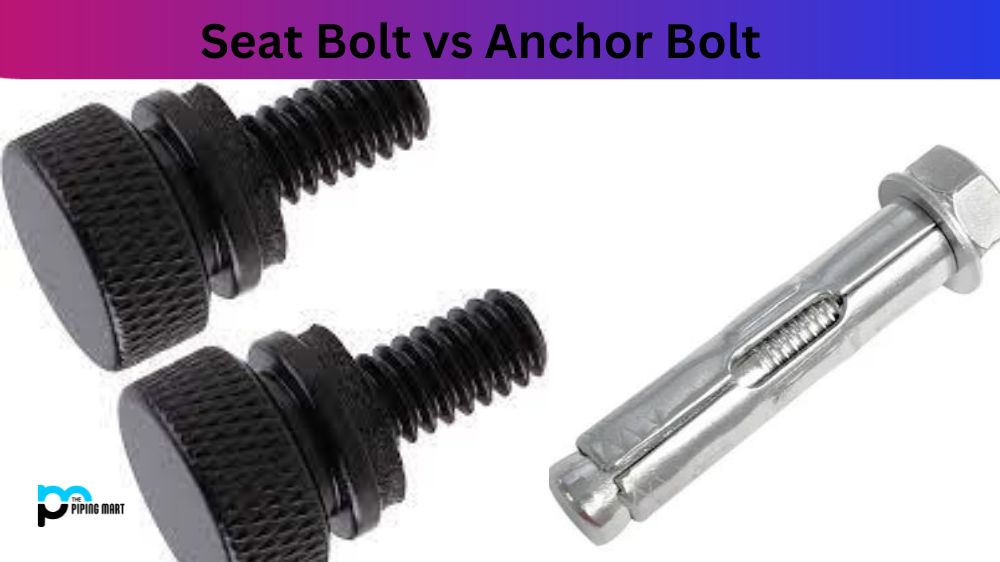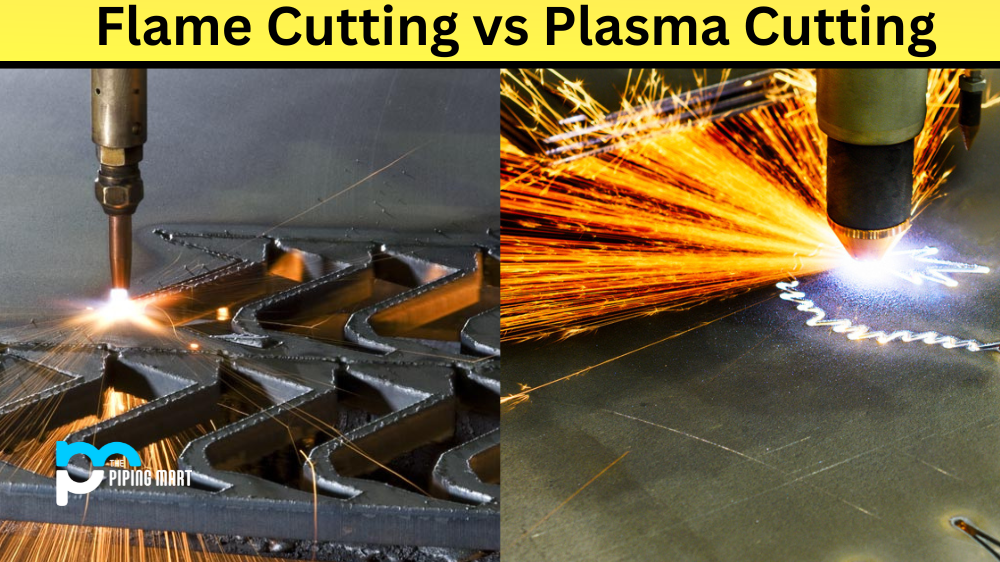Anyone who has ever worked with nuts and bolts knows that a vast array of different types and sizes are available. It’s not always easy to know which one will be the best fit for your application. One area where people often struggle is choosing between sleeve nuts and slotted nuts. In this blog post, we’ll take a closer look at these two types of nuts and outline their key differences. By the end of this post, you should have a clear sense of which nut is the best fit for your next project.
What is Sleeve Nut?
A sleeve nut, a union nut or a spin nut is a fastener that secures two components together. It consists of two circular mating pieces: the sleeve, which has internal threads that fit over an external thread on another component, and the nut, which has internal threads used to tighten the sleeve against the outside component. The main advantage of this type of fastener is that it does not require any other tools for assembly and disassembly due to its self-contained design. Additionally, its low profile makes it ideal for use in tight spaces where clearance is limited.
What is Slotted Nut?
Slotted nuts are specialized fasteners that feature slots or grooves within the nut’s body. These slots enable a screw to attach the nut securely so that it does not move or come loose after installation. Additionally, these nuts provide more torque than other fasteners, making them an excellent choice for applications with high strength and stability. The most common slotted nuts come in steel, stainless steel, and brass varieties and can be used for indoor and outdoor projects.
Difference Between Sleeve Nut and Slotted Nut
Purpose
The first key difference between sleeve nuts and slotted nuts is their purpose. Sleeve nuts are typically used to make a tight join between two parts, whereas a standard nut would not provide enough contact area. For example, if you are joining two pieces of metal together, you might use a sleeve nut to hold the two parts tightly and securely. Slotted nuts, on the other hand, are primarily used to create a locking mechanism. They’re typically used in applications with a risk of the nut coming loose over time, such as when securing wheels or other rotating parts.
Appearance and Shape
Sleeve nuts and slotted nuts also look very different. Sleeve nuts are typically longer and narrower than slotted nuts. They’re often cylindrical and have a smooth surface with no markings. Slotted nuts, however, have a distinctive slot in the top, which allows them to be locked in place over time. This slot can be either a single or multiple, depending on the application.
Strength
Strength is one of the most important factors to consider when choosing between sleeve nuts and slotted nuts. Sleeve nuts are typically stronger than slotted nuts because they have a greater contact area with their joining parts. This means that they are less likely to come loose over time and are more able to withstand vibrations and other stresses. While strong enough for many applications, slotted nuts are typically less strong than sleeve nuts.
Ease of Use
Finally, sleeve and slotted nuts also differ in ease of use. Sleeve nuts can be more difficult to work with because they require greater precision to ensure a tight fit. They can also be more difficult to remove because they often become strongly bonded to the parts they are joining. Slotted nuts, on the other hand, are generally much easier to use. They can be easily tightened and loosened using a simple wrench and are less likely to get stuck in place over time.
Conclusion:
In conclusion, the choice between sleeve and slotted nuts will depend on several factors. If you want to create a tight joint between two parts, a sleeve nut is likely the better choice. A slotted nut is more appropriate to create a locking mechanism to prevent the nut from coming loose over time. Both types of nuts have distinct advantages and disadvantages, so it’s worth taking the time to carefully consider your options before making a final decision. With the information provided above, you should now be well-equipped to make an informed choice about which nut is right for your application.

A passionate metal industry expert and blogger. With over 5 years of experience in the field, Palak brings a wealth of knowledge and insight to her writing. Whether discussing the latest trends in the metal industry or sharing tips, she is dedicated to helping others succeed in the metal industry.




